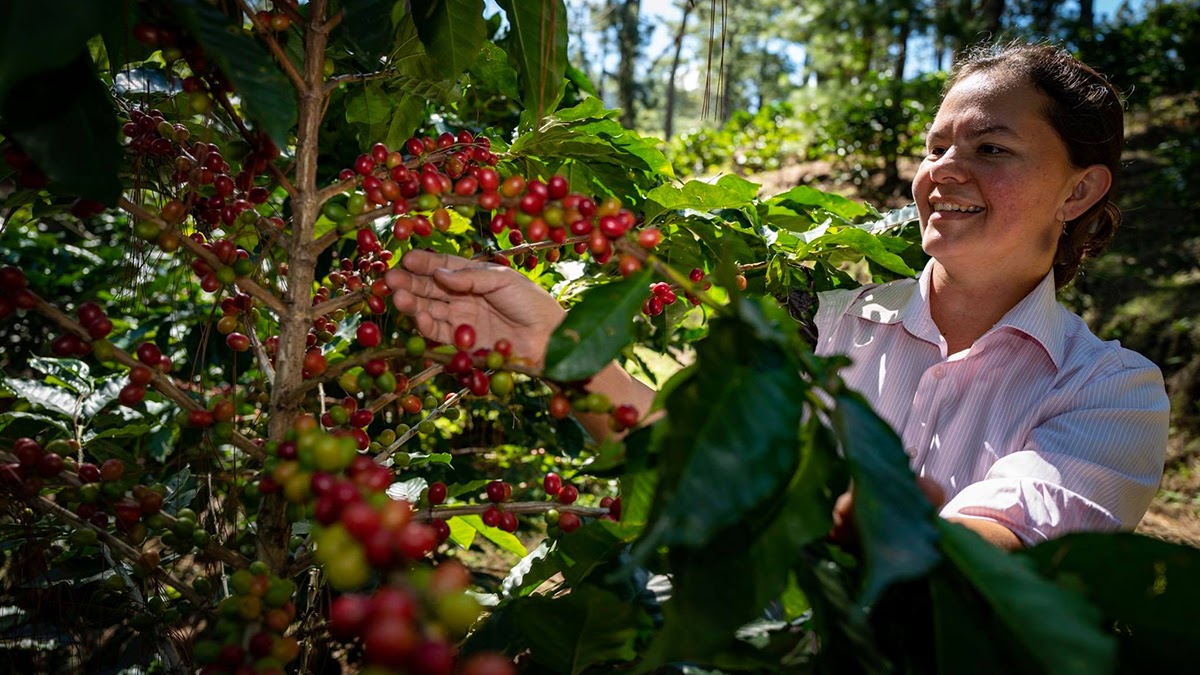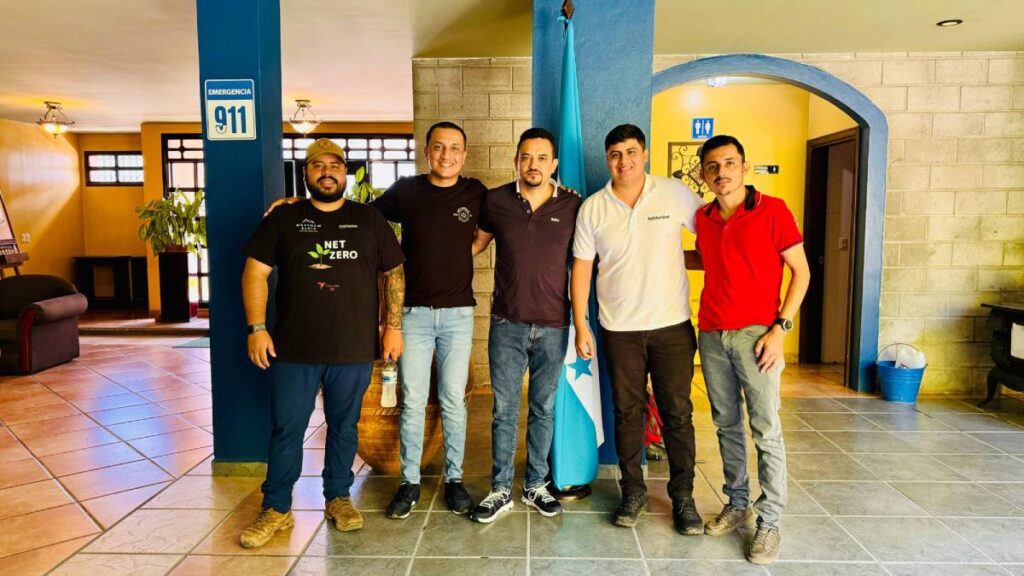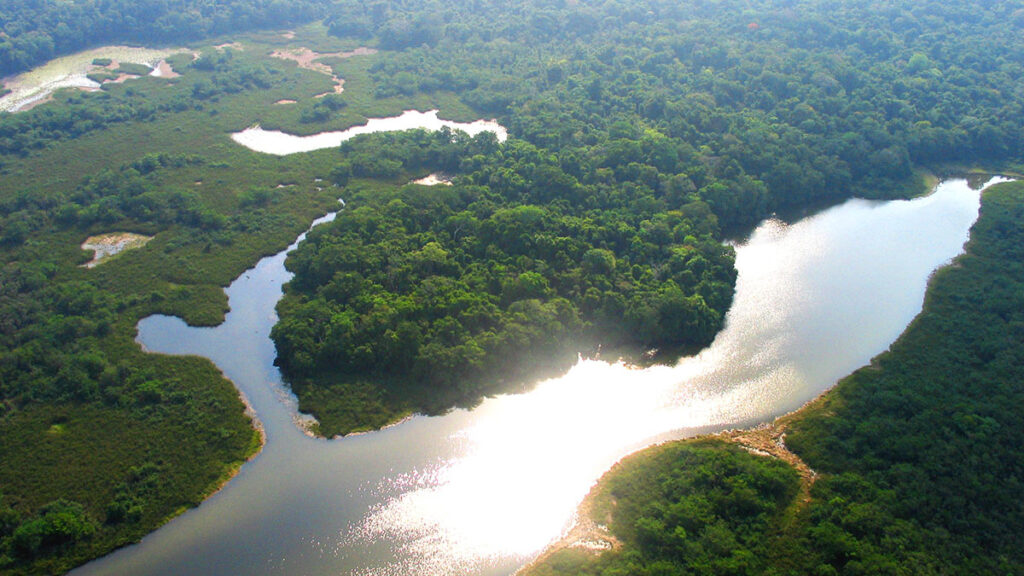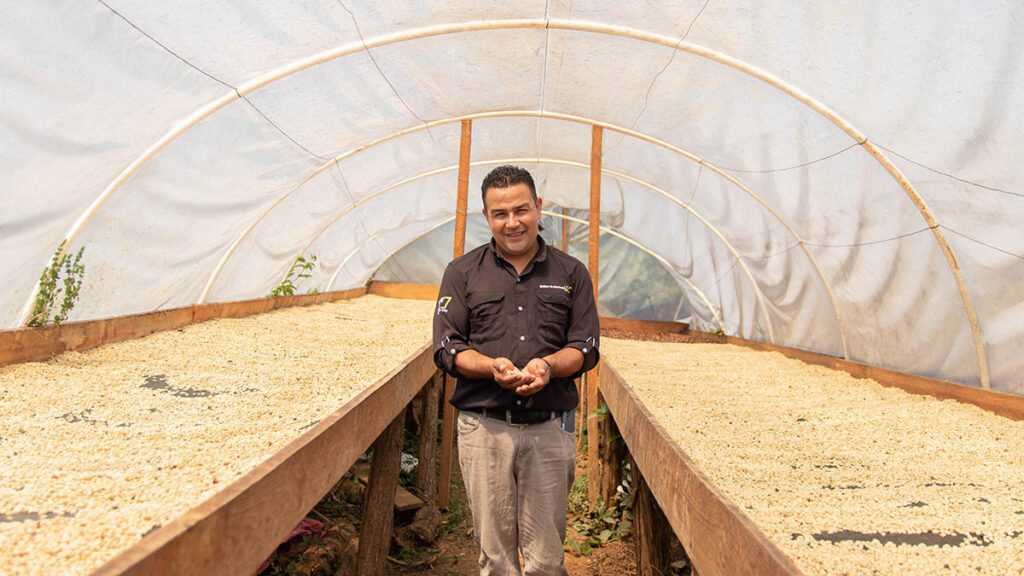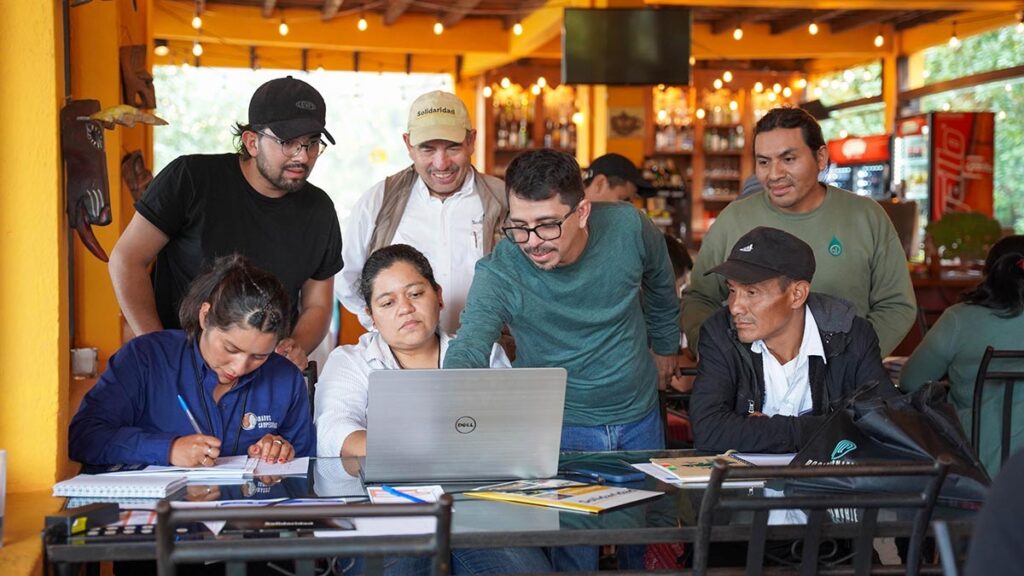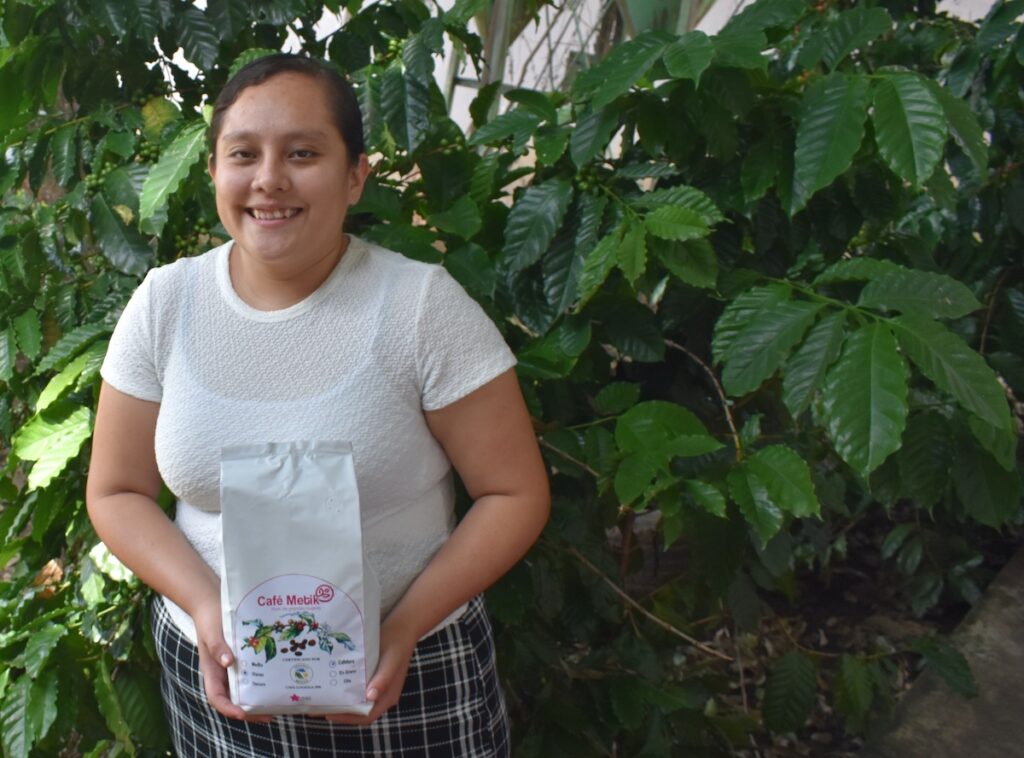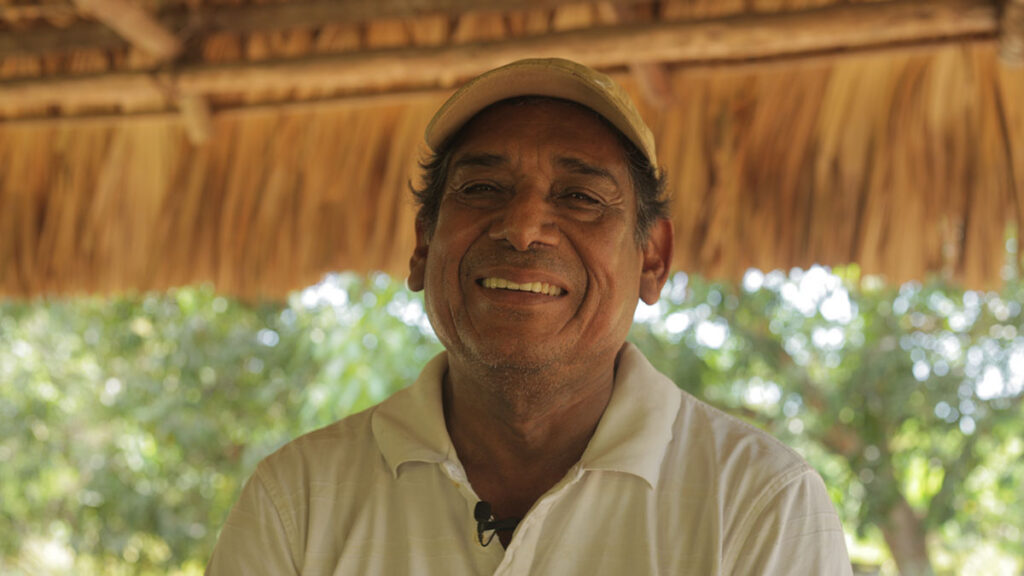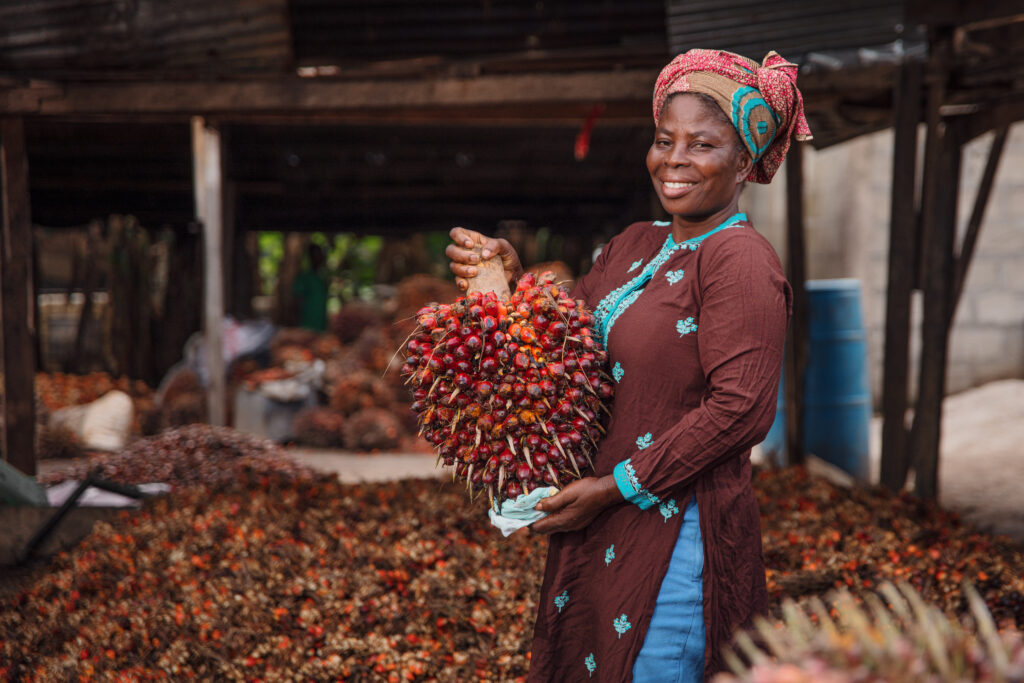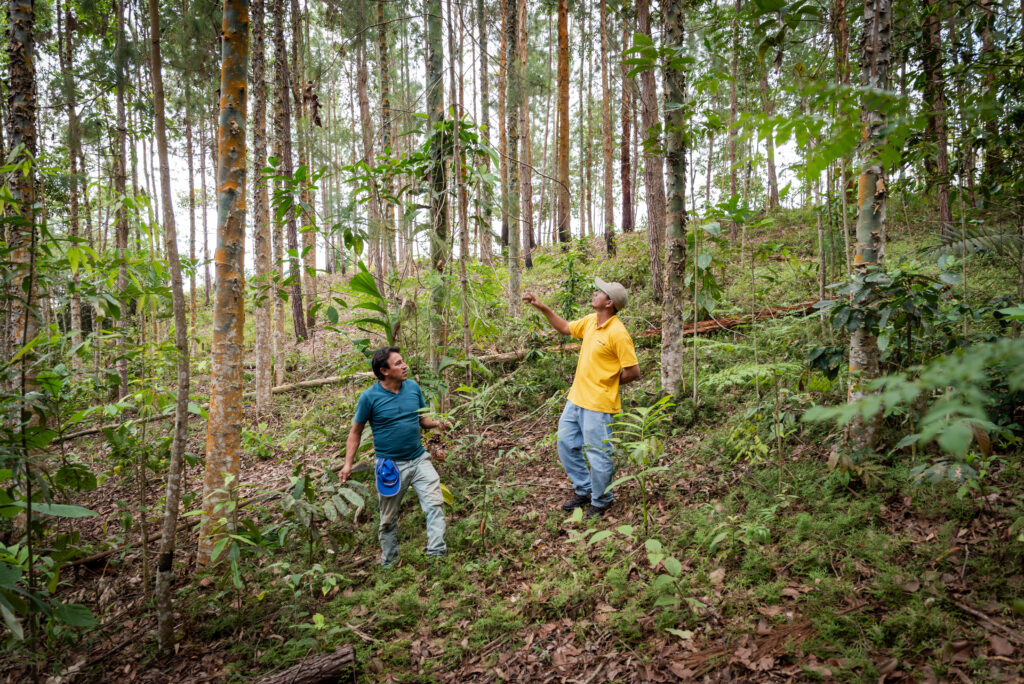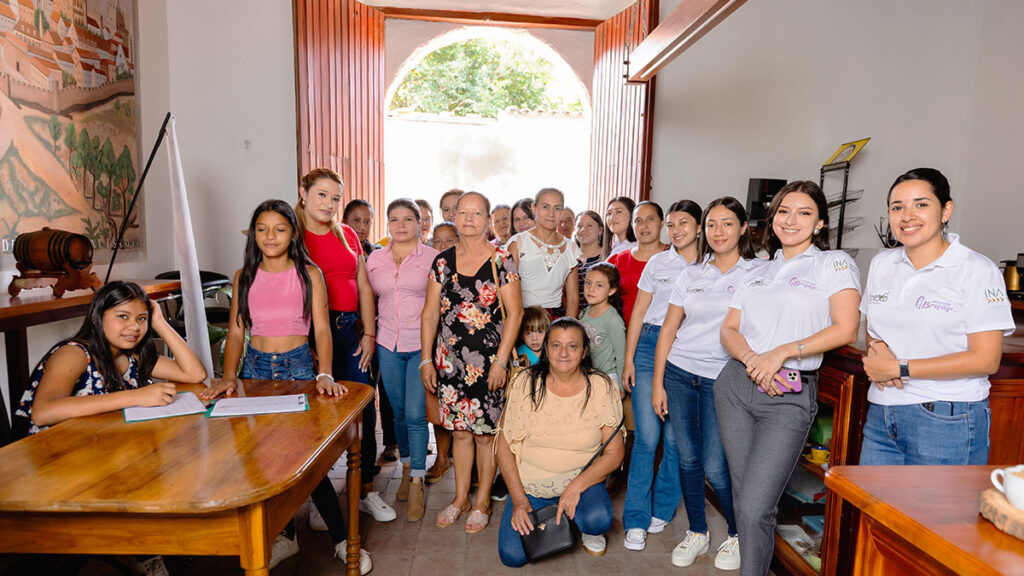Engaging multiple stakeholders at COP26 in Glasgow
Multi-stakeholder platforms are an important part of our strategy in Central America, because through these platforms we are able to work with all interested parties to jointly define and negotiate solutions for the social, environmental and economic issues that require our support and attention within a given value chain. Solidaridad’s multiple-stakeholder work has paved the way for securing important partnerships that will build climate resilience in the region. Our delegation came home from the 2021 UN Climate Change Conference (COP26) with uplifting news of government, private-sector and civil-society partners who are ready to collaborate with us in taking climate action in Honduras and Guatemala.
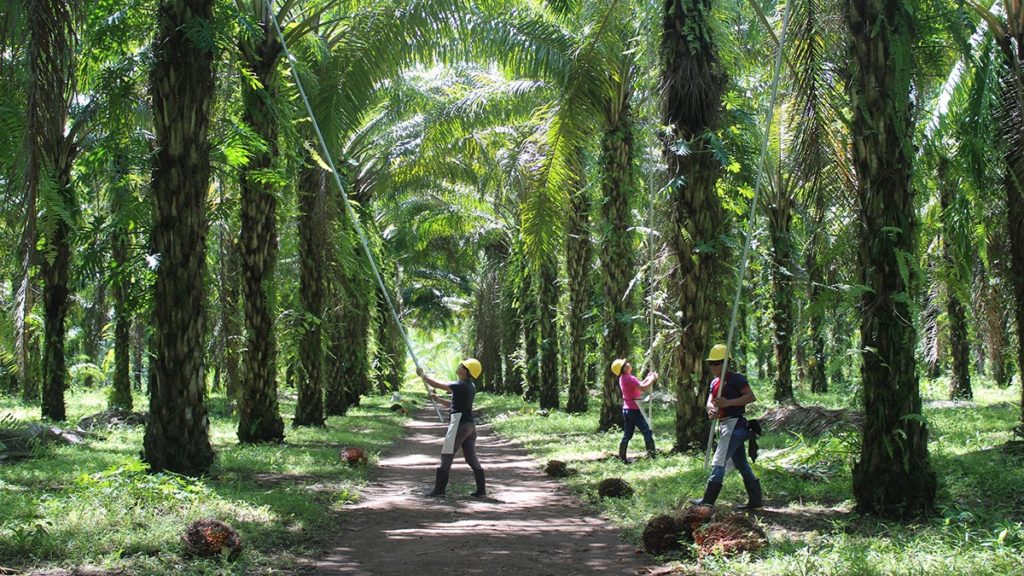
For example, Solidaridad secured an increased participation for our palm oil programme in Honduras through the GEF-7 seven-year project. Through MAPA, Solidaridad’s palm oil multi-stakeholder platform in the region, we have delivered other important milestones for climate-resilience in Honduras, such as the ratification of the zero-deforestation agreement in October. The Honduran government has expressed an intention to scale zero deforestation to the livestock, coffee and cocoa value chains.
In Guatemala, we continue to work with mill technicians and palm oil smallholders on the field to ensure the adoption of climate-smart agriculture practices. The Solidaridad COP26 delegation spoke with civil society groups working with indigenous peoples in Guatemala, and we will continue to nurture these relationships to pursue joint efforts in the future. In addition, Solidaridad established rapport with the climate change division director for the National Council of Protected Areas (CONAP) in Guatemala, who will include her team in a meeting with Solidaridad representatives before year’s end.
We hope to continue developing similar relationships, to foster collaboration between the two countries, as Guatemala and Honduras both face similar socio-economic and environmental issues.
Increasing support for climate-smart agriculture practices in Central America
Our climate-smart coffee programmes in Honduras also gained further support. The delegation shared details of the RECLAIM Sustainability! programme with coffee roaster Matthew Algie. CEO Ewan Reid expressed interest in visiting our programme partner, Capucas Cooperative, in February to see how the programme is progressing. Matthew Algie is the cooperative’s main buyer, so having their support for the RECLAIM Sustainability! programme initiatives is a great win for Solidaridad and our partner in Honduras. This will ensure we are able to fully implement the traceability model into the coffee value chain, from farm to cup.
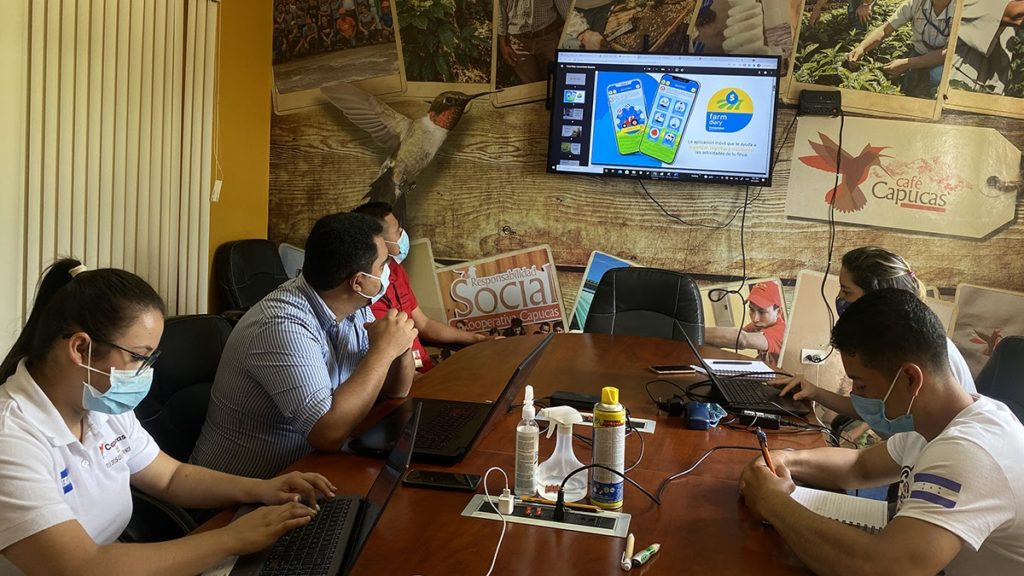
Reid also expressed interest in learning more about our carbon-capture initiatives and is considering scaling CO2 reduction programmes into their coffee providers in Honduras as part of the existing traceability programme.
What is climate-smart agriculture?
Climate-smart agriculture (CSA) uses sustainable practices to increase productivity on the farm and strengthen farmer resilience, adaptation and mitigation response to climate change. When farmers adopt CSA practices, their farms provide important ecosystem services such as soil conservation, carbon sequestration, water conservation and biodiversity protection.
In the case of Solidaridad’s climate-smart coffee programmes, we provide technical support and training to help farmers grow more coffee on existing land. Our methods include practical interventions to prevent land degradation through using compost, planting trees that provide shade for the coffee plants, preventing water pollution and providing broader farm management training to smallholders.
A core principle of our institutional vision is that along with increased farm productivity and yields, our sustainability initiatives should result in strengthened prosperity for smallholders.
“In our initiatives, we seek ways for markets to reward farmers for the environmental services they provide. Doing so will create more buy-in and incentivize the adoption of climate-smart agriculture practices by other smallholders”, said Sofía Núñez, government liaison, Honduras for Solidaridad Central America, Mexico and The Caribbean.
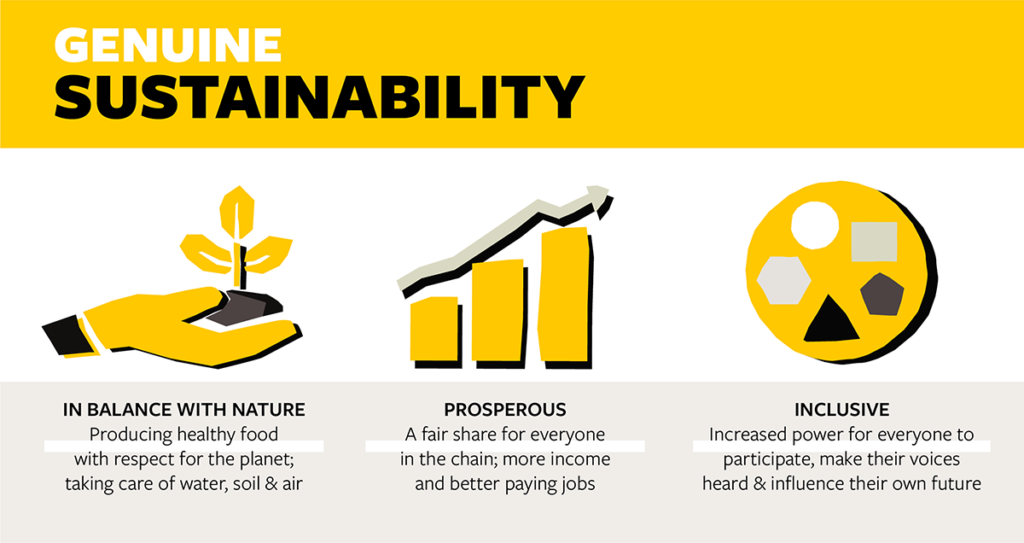
Our pilots and programmes that promote climate-smart agriculture practices in Honduras will demonstrate how carbon markets can work for smallholders in Central America. With increased support, our initiatives can turn smallholder farmers into climate heroes that earn a living income, invest in sustainable and climate-resilient practices, practice deforestation-free agriculture and become part of a resilient and low-emissions food system. Will you join us for CHANGE THAT MATTERS?
Get in touch
To learn more, contact Central America Coffee Coordinator, Sofía Núñez

